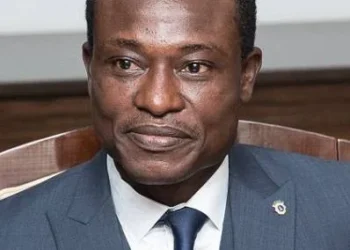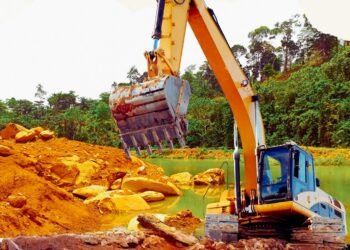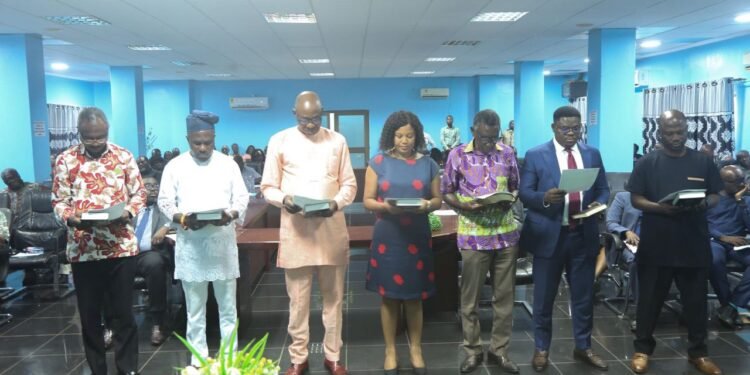The Africa Centre for Energy Policy, has called on the government to apply the estimated accumulated balance of GHS948 million in the Price Stabilization and Recovery Levy (PSRL) account to cushion petroleum consumers.
This follows government’s zeroing of the PSRL on petrol, diesel and LPG for the next two months, upon the request of the NPA, through the Ministry of Energy. This zero rating action, the NPA indicated, would require parliamentary approval before it can take off.
ACEP noted that, for the consumer, any efforts to reduce prices on petroleum products is welcomed. However, a mere zeroing of the PSRL for two months “calls into question the efficiency of the levy and the delivery of its purpose.”
Practically, the Price Stabilization and Recovery Levy, established in 2015, under the Energy Sector Levies Act, 2015 (Act899) is invoked in scenarios including, but not limited to the stabilisation of petroleum prices for consumers.
The PSRL has undergone one major adjustment since 2016. From 2019 onwards, consumers were required to pay GHp16 per litre on petrol, GHp14 per litre on diesel and GHp14 per kilogram on LPG as PSRL. This was up from the initial payment of GHp12 per litre on petrol, GHp10 per litre on diesel and GHp10 per kilogram on LPG in 2016.

Per ACEP’s calculations, consumption data of petroleum products between 2016 and half year 2021 reveal that the PSRL is estimated to have accumulated about GHS2.53 billion. Of this amount, an average of 50 per cent is estimated as subsidies for premix fuel and residual fuel oil (RFO).
Applying PSRL is easy and more responsive approach
By adjusting for 25 percent non-collection rate or theft by some Oil Marketing Companies (OMCs), the PSRL is estimated to have cumulatively raised about GHS1.89 billion during the period. Given this amount, GHS948 million is expected to have been cumulatively spent on subsidies, with a remaining balance of GHS948 million, assuming the levy has never been used to stabilize prices since it was imposed in 2015.
According to ACEP, by following policy credibility purposes, the use of the balance herein stipulated is what must be used to cushion consumers in this high oil price period.
For the government to simply put the payment of the PSRL on hold for two months creates the impression that “government does not intend to activate the price stabilisation purpose of the PSRL.” This raises a question of accountability “of what government intends to use the estimated balance of GHS948 million in the PSRL account for.”
The energy policy think tank, indicated that in a regime of escalating prices, applying “the PSRL… is an easier and more responsive approach to cushion consumers than what is proposed by NPA. Moreover, the application of the levy as established by law does not require Parliamentary approval.

“Therefore, it is intriguing that NPA prefers that citizens wait for Parliament (currently in recess) to grant a two-month suspension of the PSRL when there is accumulated cash to assuage the suffering of the consumers immediately.”
ACEP
Review Downstream Price Mechanics holistically
Just this year alone, prices of petroleum products have increased by 33 per cent. This has been the case due to the introduction of new levies and upward adjustment of existing ones. This has evidently remained a huge burden on consumers and has affected productive activities in the various sectors of the economy.
To address this teething problem, ACEP advocates for a holistic review of the downstream price mechanics through the dual regulatory spectrums: taxes and levies from the government; and margins and market failure on the part of the NPA.
In addition to immediately applying the estimated accumulated balance of GHS948 million in the PSRL Account, ACEP recommended that the government should ensure GRA improves the efficiency of revenue collection from the levies so as to reduce the levies to further cushion consumers.
Also, ACEP recommended that the government should take steps to review the margins, taxes, and levies regime for petroleum products to eliminate those that have outlived their usefulness.
READ ALSO: OPEC+ taking ‘gradual phased approach’ to raise oil output























